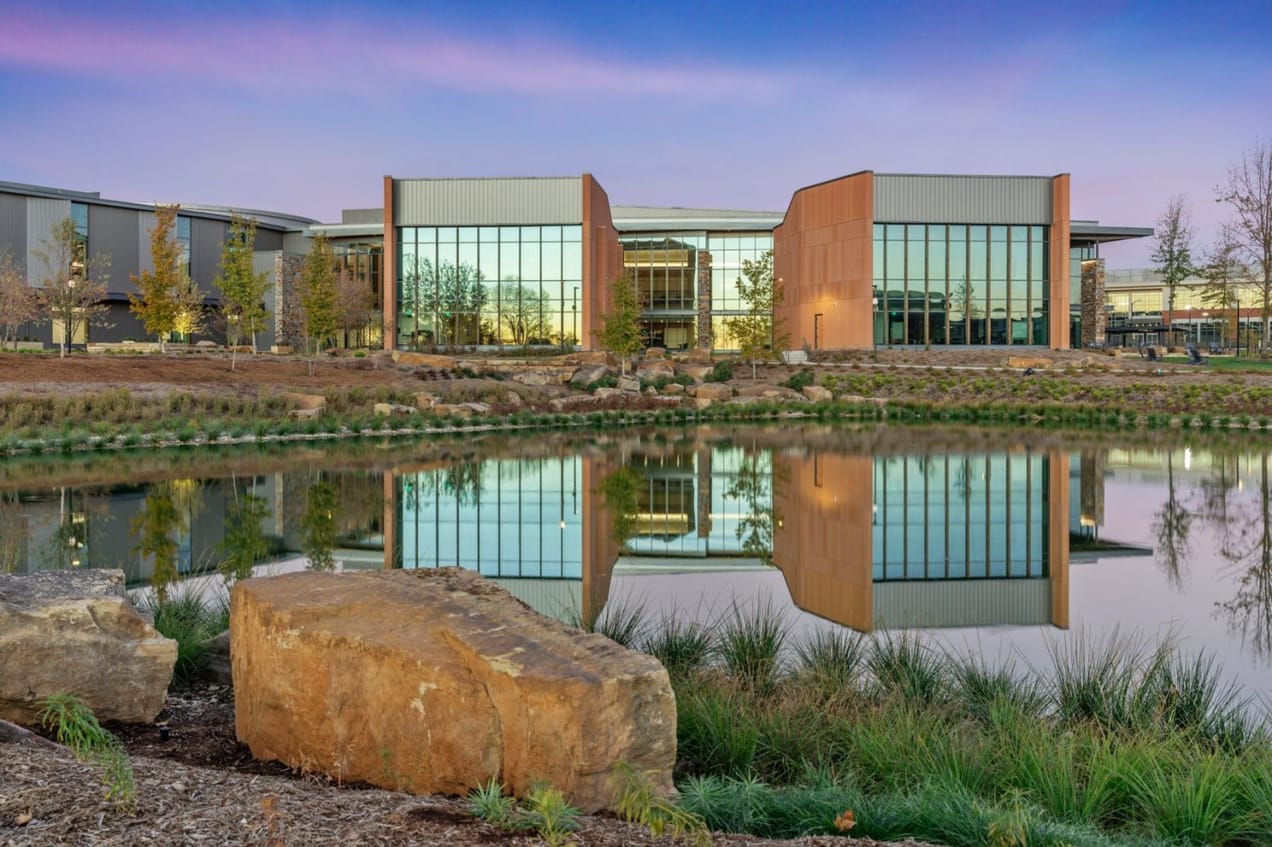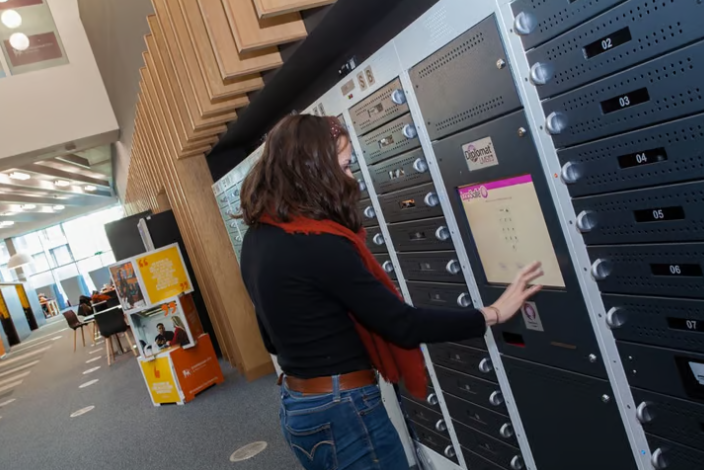
Facilitating inclusion
At a recent Australia and New Zealand Roadshow in London organised by the UK Department for Business and Trade, I met Denise Crouch and Jamie Crathern from LapSafe who talked passionately about their business. LapSafe provide smart lockers, trolleys and cabinets to organisations in the education, healthcare, manufacturing and other workplaces. They have been doing so for more than 20 years.
Designed to be self-service, their products can securely store, recharge and even sanitise mobile IT equipment such as tablets and laptops.

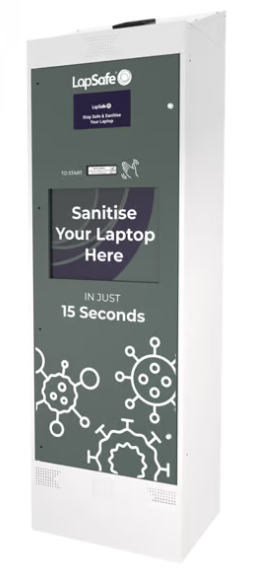
They even have a peripherals vending machine.
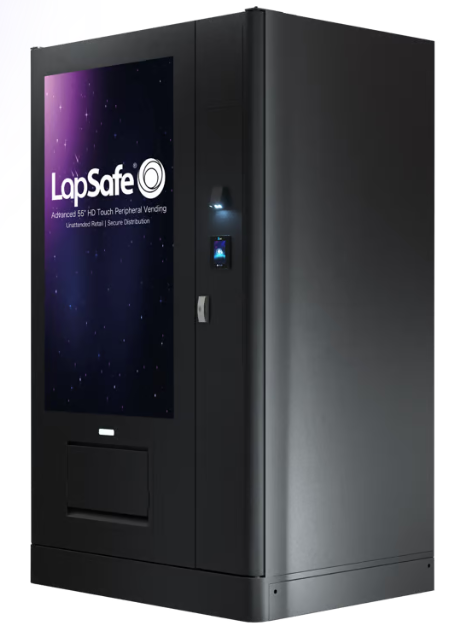
An example of where LapSafe products have been used to great effect has been with the London Ambulance Service. Ambulance crew and paramedics carry iPads to access clinical information remotely and improve coordination with emergency departments so that they have all the information they need once the crew arrives with a patient. One issue historically has been the time-consuming process of giving out the devices to crew at the start of their shift, including ensuring they were full charged. This was a manual process that often created delays. LapSafe solved this issue by installing lockers across twenty-two of the London Ambulance stations allowing ambulance crew to collect fully charged devices at the start of their shifts by scanning their ID cards on the locker terminal. The devices are connected to the network when in the lockers and so can be centrally monitored and receive software updates too.
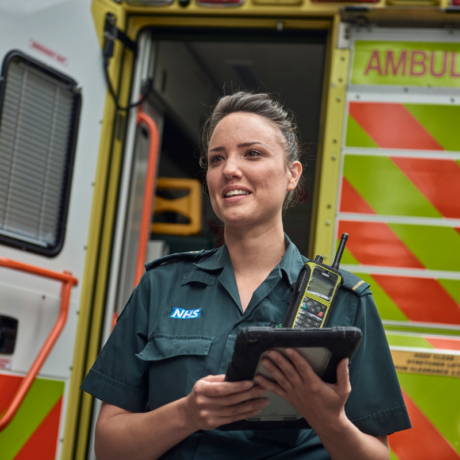
On the face of it LapSafe provide a security solution, keeping IT equipment secure and improving logistics - the London Ambulance service is a great example.
However, taking the education sector as an example, where LapSafe have lockers installed in over three quarters of the UK's universities, they are a crucial facilitator for inclusion.
Even before the COVID-19 pandemic, the move to online or computer aided learning was already happening. The days of completing work using pen and paper are arguably long gone in many universities and even schools globally. However, a typical laptop suitable for university can cost from £299 to £1,000+ which can be out of reach for a lot of households. So providing a laptop that a student can use at no cost to them allows a broader section of the population to participate in higher education.
However 'providing a laptop' doesn't just mean purchasing one. The infrastructure surrounding it is key. In this case, providing a smooth and secure way to actually deliver the devices to the students that are ready to use.
In the sustainability transitions, it is important not to forget those things that support and facilitate the headline solutions. For example to get the majority of our energy produced from renewable sources it is not enough to just replace generation facilities it is also about the supporting infrastructure - both hardware, software and procedures - the sometimes unsung heroes.
Link to blogs
👉🏾 https://www.thesustainableinvestor.org.uk/deep-dive-hardware-based-electricity-grid-stability-2/
👉🏾 https://www.thesustainableinvestor.org.uk/deep-dive-software-based-electricity-grid-stability/
This article featured in What Caught Our Eye, a weekly email featuring stories we found particularly interesting during the week and why. We also give our lateral thought on each one. What Caught our Eye is available to read in full by members.
If you are not a member yet, you can read What Caught Our Eye when it comes out direct in your email inbox plus all of our blogs in full...

Click this link to register 👉🏾 https://www.thesustainableinvestor.org.uk/register/

Please read: important legal stuff.

